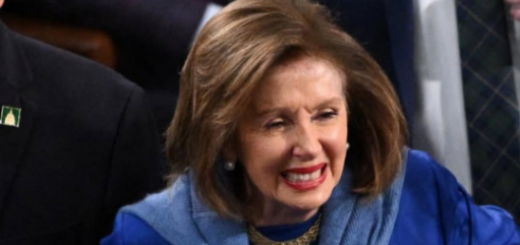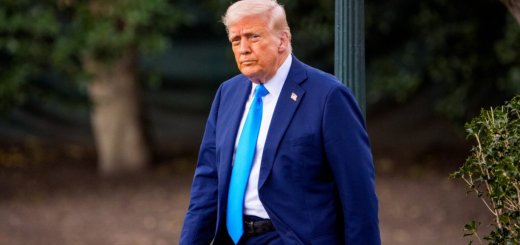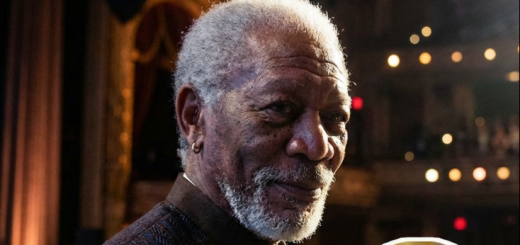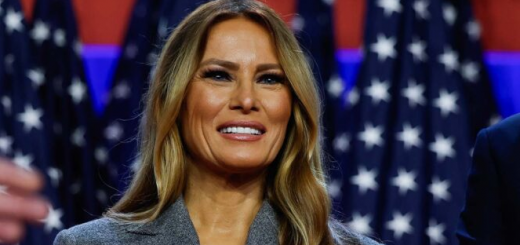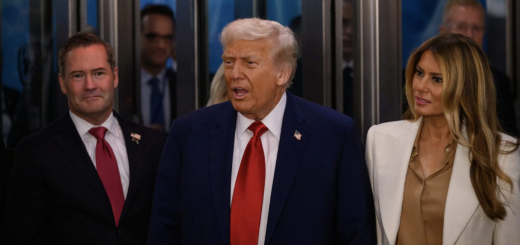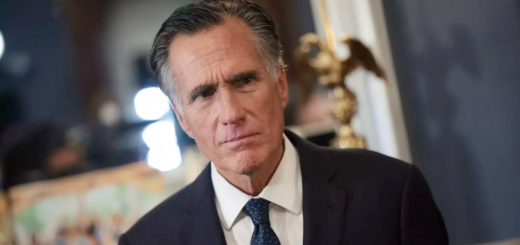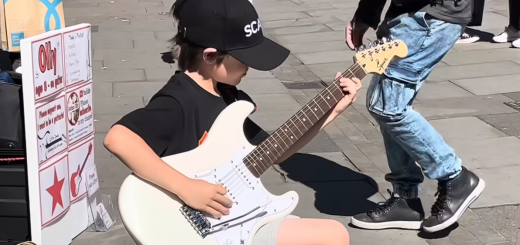Americans Weigh In on Trump: Approval Ratings Update
President Trump continues to project confidence as he approaches the one-year mark of his second term.
In speeches, interviews, and online posts, he often highlights what he considers major accomplishments: bringing home U.S. troops, keeping prices and inflation “under control,” and restoring global respect for the United States.
But while the president paints a picture of historic success, new national polls tell a very different story, and they reveal a widening gap between Trump’s message and the mood of the American public.
Approval Rating Drops to New Second-Term Low
A CNN/SSRS survey conducted between October 27 and October 30 among 1,245 adults shows Trump’s overall job approval at just 37%, with 63% disapproval, one of the lowest marks of his presidency.
This represents a noticeable drop from early 2025, when Trump’s approval hovered around 47% shortly after he returned to the Oval Office. Now, voters across the country appear increasingly anxious about the economy, governance, and the direction the nation is heading.
Top Concern: The Cost of Living
For millions of Americans, the rising cost of everyday essentials — groceries, rent, utilities, fuel, medical expenses — is cutting deep. The poll shows:
47% say inflation and cost of living are the biggest issues facing the country
26% name the health of U.S. democracy as a top concern
Only 10% consider immigration their primary issue, despite Trump’s strong focus on border policy
This shift suggests that voters are now prioritizing pocketbook issues and long-term political stability over culture-war topics or border rhetoric.
Do Americans Think Trump’s Policies Are Working?
When asked whether Trump’s policies are helping or harming the country, the public leaned strongly negative:
61% say his policies have worsened economic conditions
Only 27% say economic conditions have improved under his leadership
56% believe his decisions have weakened America’s standing globally
61% believe he has exceeded his presidential authority
Concerns about presidential power have risen sharply, with many Americans uneasy about aggressive executive actions taken without congressional approval.
How Voters Say They’ll Respond in the Midterms
The upcoming midterm elections are shaping up to be a referendum not just on Congress — but on Trump himself.
41% of voters say they will vote specifically to oppose Trump
21% say they will vote specifically to support him
This is a troubling indicator for the administration as both major parties prepare for a high-stakes election cycle.
Trump Dismisses Polls as “Fake,” Doubles Down on His Message
In response to the new data, Trump returned to a familiar stance: rejecting the poll numbers and accusing media outlets of bias.
On Truth Social he wrote:
“So many Fake Polls are being shown by the Radical Left Media. In the Fair Polls — I have the best numbers I have ever had. Fake News will never change.”
He then pointed to what he considers proof of his success: ending foreign wars, lowering taxes, stabilizing prices, and boosting the stock market.
A Growing Divide Between Public Sentiment and Presidential Messaging
The contrast between Trump’s messaging and public perception is striking.
While the president emphasizes triumph, many Americans continue to feel financial strain and political fatigue. And although Trump insists his leadership is restoring strength and stability, a majority of voters believe the nation is experiencing deeper division and uncertainty.
What This Means Going Forward
As midterms approach, several outcomes are becoming increasingly likely:
Voters frustrated with rising costs may seek new congressional leadership.
Concerns about democratic norms and presidential overreach may mobilize independent and moderate voters.
Economic anxiety could dominate the national conversation far more than immigration or cultural issues.
Although Trump remains confident in his narrative of success, the poll numbers suggest that public patience is thinning — and expectations for improvement are rising.
The months ahead will determine whether the administration can shift public opinion or whether voter frustration will reshape the political map once again.


